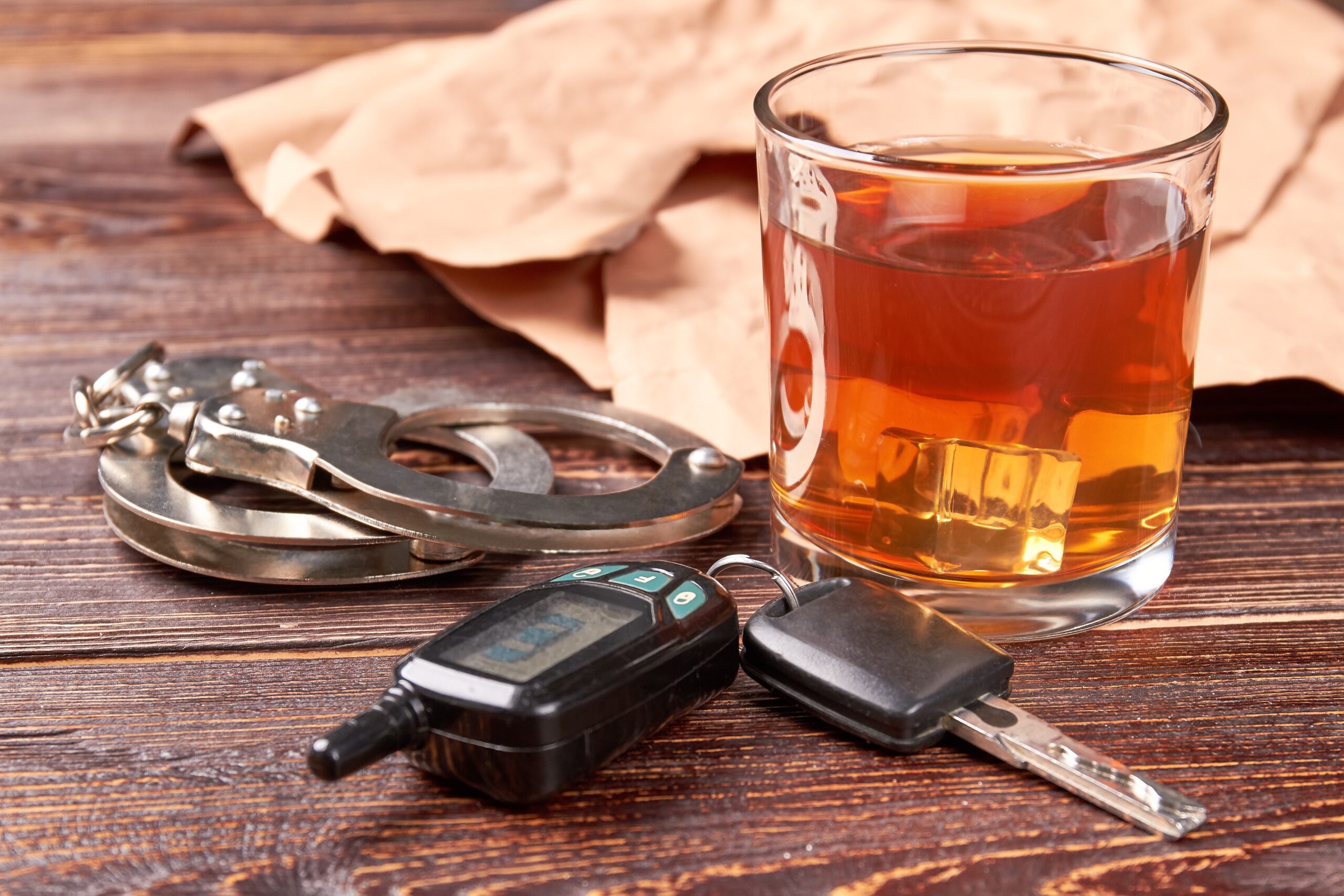Tips to Avoid a DWI Charge- Guest Post

There are both DWI (driving while intoxicated) and DUI (driving under the influence) charges in Texas. A DUI is a charge only issued to minors (under the age of 21) if they have any amount of alcohol in their system but are still under the legal limit. A DWI can be issued to any person who is driving with a blood alcohol content of 0.08% or higher.
Texas considers a DWI a serious crime that can carry large fines and even jail time or prison. To keep you safe, here are a few ways to help to avoid getting charged with a DWI
1. Don’t Drink and Drive
The best way to avoid a DWI charge is to never get behind the wheel if you have been drinking. Even one or two drinks can be enough to impair your driving. If you are ever debating if you’re sober enough to drive, the answer is always no.
Use a designated driver, taxi, or car services like Uber or Lyft to get home after a night of drinking. It is always better to have to pay one of these services to get you home safely than to have to pay a large fine or face jail time from a DWI charge.
2. Wait
Your body naturally processes alcohol, but it takes time for it to process through your system. One thing you can choose to do is to wait out the alcohol until your blood alcohol level is low enough to drive.
On average, you should wait at least one hour after you stop drinking for each drink you had. For example, if you had two beers and one shot of vodka, once you stop drinking, you should wait at least three hours before even thinking about getting behind the wheel. Remember – this is only a suggested average. Depending on your gender, weight, height, and age, your body could process alcohol at a lower level and require you to wait longer to be at a level where you can safely drive.
3. Exercise Your Right to Remain Silent When Pulled Over
It is a common trap for people to talk too much when getting pulled over. Many inadvertently provide the investigating officer with incriminating information that can lead to the DWI charge. Remaining silent may make an officer upset or angry, but it is always a good idea to keep quiet and say nothing unless your lawyer is with you.
The officer has the right to ask for your license, registration, and proof of insurance. They are even allowed to ask you to step out of the vehicle.
The officer may ask you additional questions, but you do not have to answer them. Further questions can include questions like:
- Where are you coming from?
- Where are you headed?
- Have you had anything to drink today?
- What smells like alcohol
- Do you know where you are right now?
You, and any passengers in your car, have the right to remain silent. If the officer continues to ask questions beyond what they have the right to ask for, concisely and politely tell them that you are exercising your right to remain silent and would like to have your attorney present. Officers should respect this request, but if they continue to ask you questions or dig for information, be polite and tell them again that you will not answer any further questions without speaking to your lawyer first.
The officer may still ask you to step out of the car, which they have the right to do. You must exit your vehicle when asked by an officer. But, you do not have to perform ANY field sobriety tests, including a breath test. If the officer asks for your consent to perform a test, politely and clearly tell them that you refuse to take any test unless your attorney is present.
At this point, you may still be arrested. Stay calm and do not fight or argue with the officer. Even if you think they are wrong, it is better for your case if you show no signs of resistance to arrest.
You will know you are being arrested because the officer will read your Miranda rights:
“You have the right to remain silent. Anything you say can and will be used against you in a court of law. You have the right to have an attorney. If you cannot afford one, one will be appointed to you by the court. With these rights in mind, are you still willing to talk with me about the charges against you?”
The only answer you should ever give at this point is, “No” or “No, Sir/Ma’am.”
At this point, the officer can legally ask you no further questions about your case. If they do, they risk having the case thrown out.
By being clear and asking for your lawyer as soon as possible whenever an officer starts to question you, you have a better chance to defend your case and avoid being charged with a DWI.
